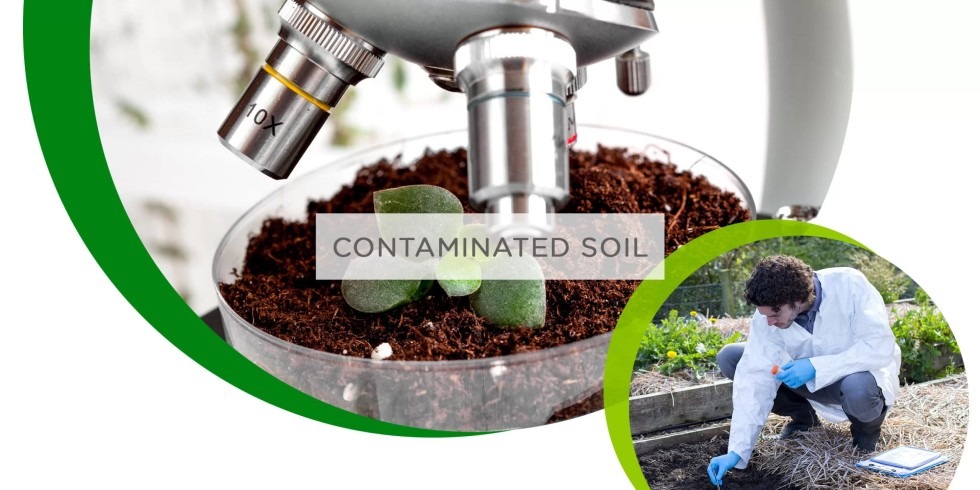
AGRICULTURAL SOIL ANALYSIS
The specialists at Groupe SolAirEau offer you a complete agricultural soil analysis service. We’ll analyze your agricultural soils (vegetable garden, garden, crop fields, etc.) to help you achieve higher yields. A soil analysis is an in-depth assessment of soil composition and quality. It helps you understand its structure, texture, nutrient levels and
pH, among others.
Residential

Commercial

Industrial

Institutional

Construction

Conducting a soil analysis for your vegetable garden enables you to:
- Obtain diverse information about its quality.
- Potentially improve harvests by addressing the identified problems
Soil analyses give you insights into:
- Acidity (pH)
- Organic matter content
- Nutrient reserve levels.
What is meant by quality of agricultural soil ?
The quality of soil is a comprehensive representation of various physical, chemical, and biological characteristics, along with the interactions that influence its overall condition. Moreover, similar to individual variations in human health, soil health also varies based on the type of soil. Certain soils have an inherent (natural) poor quality and are unsuitable for cultivation.
What is an agricultural soil analysis ?
A soil analysis involves a thorough evaluation of the composition and quality of agricultural soil. It covers a wide range of the soil’s physical, chemical, and biological properties, along with the processes that interact to determine its quality. This analysis provides valuable information for professionals in agriculture, gardening, and related fields. Understanding soil characteristics enables adjustments in cultivation practices, selection of suitable plant varieties, and targeted application of fertilizers. Consequently, soil analysis helps optimize yields, enhance plant health, and promote environmental preservation through more efficient use of agricultural resources.
Why conduct an agricultural soil test for a vegetable garden or garden ?
Performing a soil test for your vegetable garden is crucial to optimize plant health and productivity. This test allows you to evaluate the composition and characteristics of your soil, including pH levels, nutrient levels, and structure. With this information, you can adjust your gardening practices accordingly, determining the necessary amendments and fertilizers to balance the soil, enhance plant growth, and prevent deficiencies or excesses.
Regular soil testing helps maintain an optimal environment for your vegetables, leading to maximized yields in your garden. Investing in a soil test empowers you to make well-informed decisions and cultivate a flourishing vegetable garden.
Our AGRO Jardin package
Parameters analyzed
When it comes to fertilizing your garden soils, a number of analyses can be relevant for assessing soil quality and determining plant nutrient requirements. Here are the parameters included in our AGRO Jardin package:
- Richness
phosphorus
potassium
calcium
magnesium
Other parameters: P/Al (phosphorus to aluminum ratio); C.E.C (cation exchange capacity); manganese (Mn), copper (Cu); zinc (Zn); boron (B); sodium (Na)
- Organic matter
- Biological activity
- Density (g/m3),
- Drainage
- Useful water
- Compactibility
AGRO Garden sampling (garden, plot, lawn, etc.)
To assess the fertility of a garden or field of less than 10 hectares (10,000 m² or 111,000 square feet), it is generally sufficient to take a single representative composite soil sample and send it to the laboratory for analysis. A composite sample is made up of at least 10 sub-samples or cores taken at random from different parts of the garden or field. See above for procedure.
